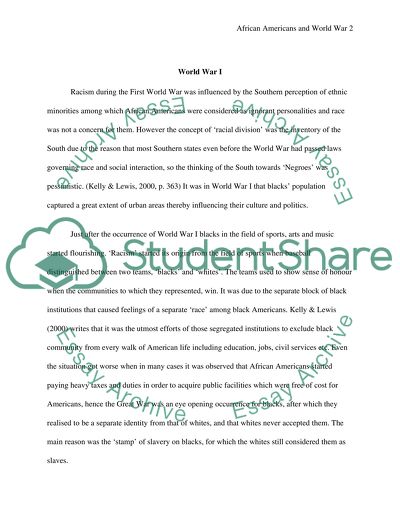Cite this document
(“Slavery and Race in the USA Essay Example | Topics and Well Written Essays - 1500 words”, n.d.)
Retrieved from https://studentshare.org/history/1511490-slavery-and-race-in-the-usa
Retrieved from https://studentshare.org/history/1511490-slavery-and-race-in-the-usa
(Slavery and Race in the USA Essay Example | Topics and Well Written Essays - 1500 Words)
https://studentshare.org/history/1511490-slavery-and-race-in-the-usa.
https://studentshare.org/history/1511490-slavery-and-race-in-the-usa.
“Slavery and Race in the USA Essay Example | Topics and Well Written Essays - 1500 Words”, n.d. https://studentshare.org/history/1511490-slavery-and-race-in-the-usa.


